The anticipated opposition merger between key political figures—Atiku Abubakar, Peter Obi, and Rabiu Kwankwaso—appears to be faltering. This potential alliance was seen as a formidable force to challenge the ruling All Progressives Congress (APC) in future elections. However, recent developments suggest that this union may not materialize as hoped.
A major sign came when Rabiu Kwankwaso, the presidential candidate of the New Nigerian Peoples Party (NNPP) in the last general election, declared his intent to contest and win the 2027 presidential election. Kwankwaso’s declaration indicates that he may not be open to the idea of joining forces with other opposition leaders under a single umbrella. His ambition could lead to a fractured opposition, with multiple candidates splitting the vote, much like what occurred in the 2023 elections.
Atiku Abubakar, the former vice president and presidential candidate of the Peoples Democratic Party (PDP), and Peter Obi, who ran under the Labour Party, have been central to discussions about uniting the opposition. However, Kwankwaso’s determination to pursue his own path raises doubts about the viability of such a coalition.
Without a unified front, the opposition’s ability to challenge the APC effectively in future elections could be significantly weakened. The ruling party, having maintained its grip on power, could benefit from the disunity among opposition leaders. As the 2027 elections approach, the political landscape may remain fractured, offering little hope for a single, consolidated opposition that can present a strong alternative to the APC

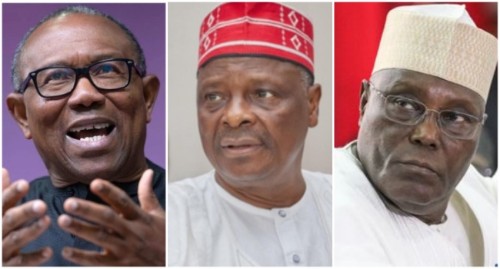
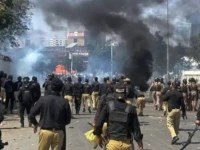

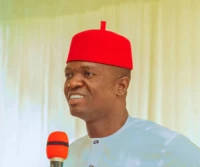
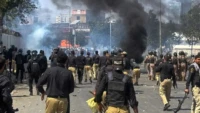
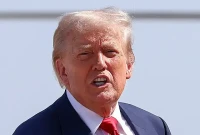

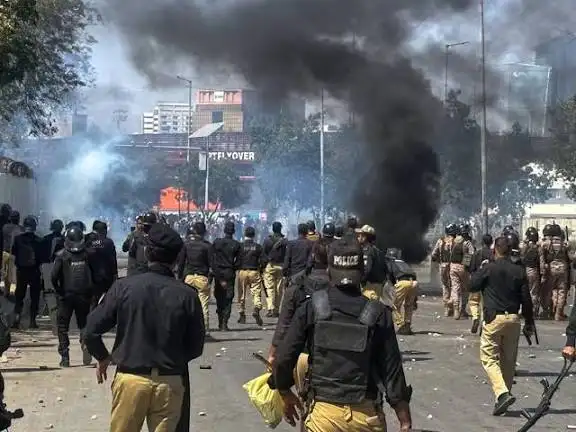
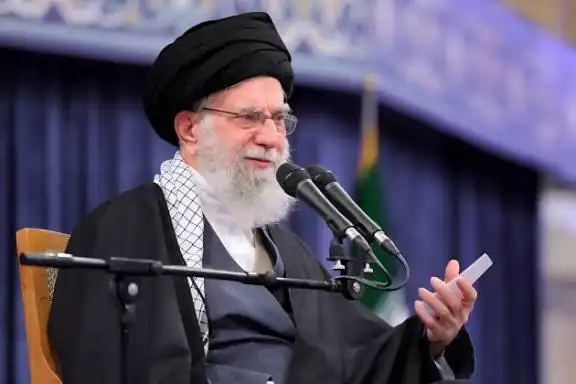
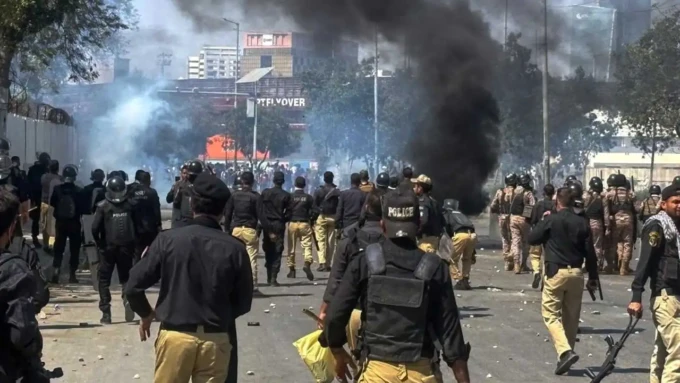

I dont understand why Kwankwaso is still relevant. We need fresh faces and ideas in politics. Time to move on!
Kwankwasos experience and track record matter. Fresh faces can learn from his wisdom.
I think Kwankwaso should focus on supporting the current opposition merger instead of eyeing the 2027 presidency. Unity is key.
I cant believe Kwankwaso is already eyeing the presidency for 2027! Lets hope the opposition merger can still happen.
I think Kwankwaso should focus on supporting the current opposition merger instead of eyeing the 2027 presidency. Lets stick together for now!
I think Kwankwaso running for presidency in 2027 is a bold move. Lets see if the opposition merger can handle the drama!
I think Kwankwaso should focus on supporting the current opposition merger instead of eyeing the 2027 presidency. Unity is key!
Why cant he do both? Its called multitasking. Let the man dream big!
I think Kwankwasos presidential ambition is a distraction. The opposition should focus on unity to defeat the ruling party.
Why wait for 2027? Kwankwaso should strike now for the mergers success. Lets shake up the status quo!
I dont get why Kwankwaso is eyeing the presidency in 2027. We need fresh faces and ideas, not recycled politicians.
I think Kwankwaso should focus on supporting the current opposition merger instead of eyeing the 2027 presidency. Its crucial for unity now.
I dont get why Kwankwaso is even considering running in 2027. Lets give new faces a chance! #TimeForChange
I think Kwankwaso should focus on supporting the current opposition merger instead of eyeing the 2027 presidency. Unity is key!
Kwankwaso for president in 2027? Might as well elect a kangaroo. Opposition needs stronger contenders. Lets think outside the box!
Wow, Kwankwaso eyeing 2027 presidency? Intriguing move or just wishful thinking? Lets see how this opposition merger drama unfolds!
I think Kwankwasos presidential ambition could shake up the political landscape. Its definitely going to be an interesting ride!
I dont get this Kwankwaso guy. Is he serious about running for president in 2027 or just messing with us? 😅
Wow, Kwankwaso eyeing 2027 presidency? Quite ambitious! Will this affect opposition merger efforts? Intriguing development, cant wait to see how it unfolds!
Wait, Kwankwaso eyeing 2027 presidency? Thats a long shot! Do you think he stands a chance or is it just wishful thinking?
Who cares about Kwankwasos 2027 presidency? Lets focus on issues that matter now! #Priorities #OppositionMerger #2027Presidency